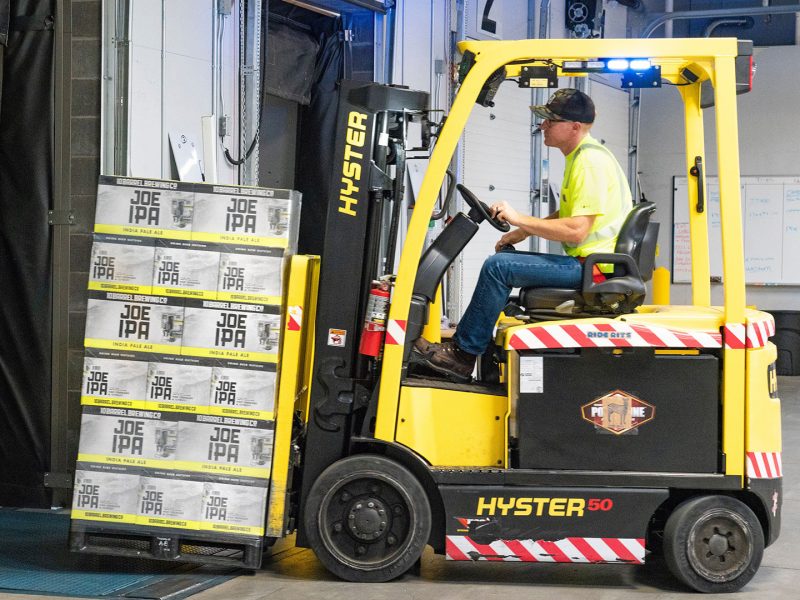Ontario
Event
FSC at Power & Purpose Summit 2026
We’re excited to share that Dayana Tellez, Senior Research & Evaluation Associate at the Future Skills Centre, will be speaking at the Power & Purpose Summit in Toronto.
Event
FSC at Green Building Business Summit
We’re pleased to share that Laura McDonough, Associate Director of Knowledge Mobilization & Insights at the FSC, will be joining a panel hosted by the Canada Green Building Council on February 26.
Project
Reboot Plus Expansion
The Reboot Plus Expansion program, led by Douglas College and PEERs Employment & Education Resources, aims to re-engage youth aged 17–24 who are at risk of not finishing high school or are unsure of their academic and career trajectories.
Project
Leveraging Technology to Develop Modern Mining Skills
The Leveraging Technology to Develop Modern Mining Skills project, led by NORCAT with support from the Future Skills Centre, explored the potential for augmented reality and virtual reality to address labour and safety challenges in mining and construction. By incorporating simulations into core training programs, the project aimed to provide safer, more accessible practice environments for new workers while testing whether immersive tools could improve learning outcomes.
Event
FSC at the 2025 Decent Work Forum: Advancing Labour Standards in the Agrifood Sector
We’re pleased to share that Noel Baldwin, Executive Director at the FSC, will be speaking on a panel at the 2025 Decent Work Forum, hosted by UFCW Canada on November 5, 2025, at the Holiday Inn Toronto International Airport.
Event
FSC at Workforce Development and Skilled Trades Conference & Expo 2025
We’re excited to share that Tricia Williams, Director of Research, Evaluation & Knowledge Mobilization at the FSC, will be speaking at Workforce Recharged: Conference + Expo on November 3–4, 2025, at the Pearson Convention Centre in Brampton, ON.
Project
Material Handling 4.0
Material Handling 4.0 (MH4.0) is a sector-based skills training program designed to prepare unemployed and underemployed individuals for roles in Canada’s goods movement industry.
Project
Innovation for Better Integration
The Innovation for Better Integration Project, which was conducted in Kingston, Ontario, aimed to address the challenges faced by newcomers in accessing services. The goal of the project was to collaboratively develop a new service provision model that would address the unique challenges of implementing traditional service approaches.
Project
Building Capacity and Skills to Survive Shock for Current and Future Not-for-Profit Managers: A New Approach
This project aimed to develop and test a new skills training model that bridged the academic and not-for-profit sectors. The experiential learning course called “Innovation for Social Impact” was developed and launched to achieve this goal.










